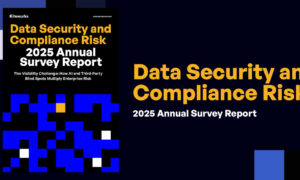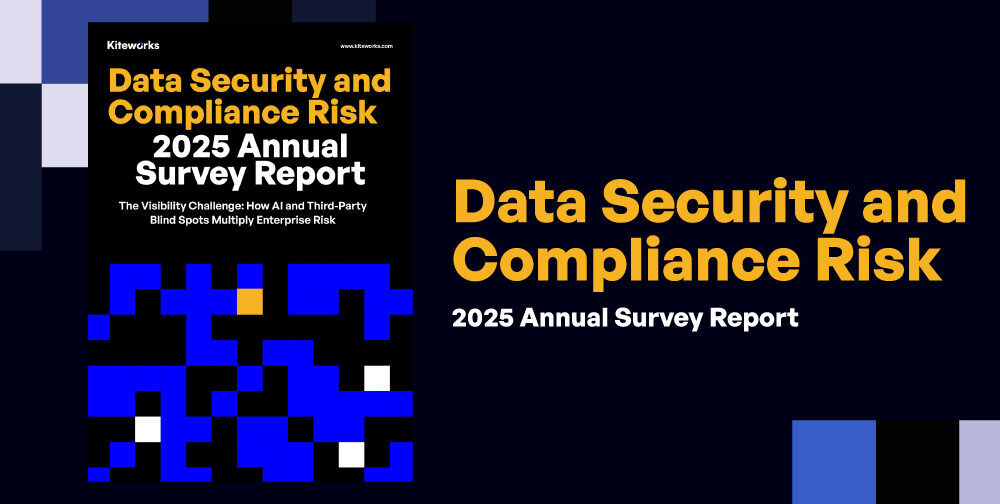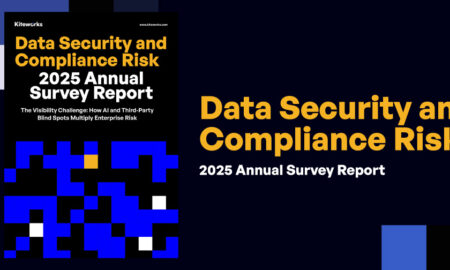In today’s fast-paced business environment, efficient operations are crucial for staying competitive and maximizing productivity. One often-overlooked aspect that significantly impacts efficiency is records management. Effective records management not only ensures compliance and security but also streamlines workflows and enhances overall productivity. This article explores the importance of records management in modern businesses, its benefits, best practices, and tools to achieve optimal efficiency.
Introduction to Records Management
Records management involves the systematic control of an organization’s records, from creation and distribution to storage and eventual disposal. It encompasses both physical and digital records, ensuring that information is organized, accessible, and secure throughout its lifecycle. While the digital age has transformed how records are stored and managed, the principles of effective records management remain essential for maintaining order and efficiency within organizations.
Importance of Records Management in Business Operations
- Compliance and Legal Requirements: Proper records management helps organizations comply with industry regulations and legal requirements. This includes maintaining records for audits, tax purposes, and legal proceedings, reducing the risk of penalties and legal liabilities.
- Operational Efficiency: Well-managed records streamline operational workflows by providing quick access to essential information. Employees spend less time searching for documents, leading to increased productivity and faster decision-making processes.
- Risk Management: Effective records management mitigates risks associated with data breaches, unauthorized access, and information loss. By implementing security measures and retention policies, organizations protect sensitive information and maintain trust with customers and stakeholders.
- Cost Efficiency: Properly managing records reduces storage costs associated with physical documents and minimizes the expenses related to lost or misplaced information. Digital records management systems can automate processes, further lowering operational costs.
- Improved Collaboration: Accessible records facilitate better collaboration among teams and departments. Employees can easily share information, work on joint projects, and coordinate activities, leading to enhanced teamwork and efficiency.
Benefits of Effective Records Management
- Enhanced Productivity: Quick access to accurate information enables employees to perform their tasks more efficiently. With reduced time spent searching for documents, staff can focus on value-added activities that contribute to organizational goals.
- Better Decision Making: Timely access to reliable data allows management to make informed decisions quickly. Whether it’s analyzing market trends, assessing project statuses, or evaluating financial performance, well-managed records provide the necessary insights for strategic planning.
- Customer Service: Efficient records management ensures that customer information is readily available, improving response times and service quality. This enhances customer satisfaction and loyalty, crucial for maintaining a competitive edge in the market.
- Scalability and Growth: As organizations expand, effective records management supports scalability by accommodating increasing volumes of data. It lays the foundation for sustainable growth without compromising operational efficiency or data integrity.
Best Practices for Records Management
Implementing best practices ensures that records management efforts are effective and sustainable:
- Create a Records Management Policy: Develop a clear policy outlining the guidelines for creating, storing, accessing, and disposing of records. Ensure that all employees understand and adhere to these policies.
- Classification and Indexing: Classify records based on their importance, relevance, and retention requirements. Use indexing systems or metadata to facilitate easy retrieval and management of records.
- Secure Storage and Access Control: Utilize secure storage solutions for both physical and digital records. Implement access controls and encryption to protect sensitive information from unauthorized access or data breaches. To maximize the efficiency of these systems, adopting advanced records management software can provide critical automation and organization capabilities that significantly enhance data accessibility and security.
- Regular Audits and Compliance Checks: Conduct regular audits to ensure compliance with regulatory requirements and internal policies. Update records retention schedules as needed to reflect changes in regulations or business practices.
- Training and Awareness Programs: Educate employees on the importance of records management and train them on proper procedures for handling and storing records. Foster a culture of compliance and accountability throughout the organization.
Tools for Effective Records Management
- Document Management Systems (DMS): DMS platforms like SharePoint, Google Drive, or Documentum facilitate centralized storage, version control, and access management of digital records.
- Records Retention Software: Tools such as FileHold or Laserfiche automate retention schedules, ensuring that records are kept for the required period and disposed of appropriately.
- Enterprise Content Management (ECM): ECM solutions like M-Files or OpenText provide comprehensive management of both structured and unstructured content, integrating records management with business processes.
- Electronic Document Signing Platforms: Services like DocuSign or Adobe Sign streamline document approval processes and maintain a secure audit trail, enhancing compliance and efficiency.
Conclusion
Effective records management is not just about organizing information; it’s about optimizing operations, reducing risks, and empowering employees to work more efficiently. By implementing best practices and leveraging appropriate tools, organizations can enhance productivity, achieve regulatory compliance, and position themselves for sustainable growth in a competitive market. Embracing digital transformation and adopting modern records management practices are crucial steps towards achieving operational excellence and maximizing business success.



































